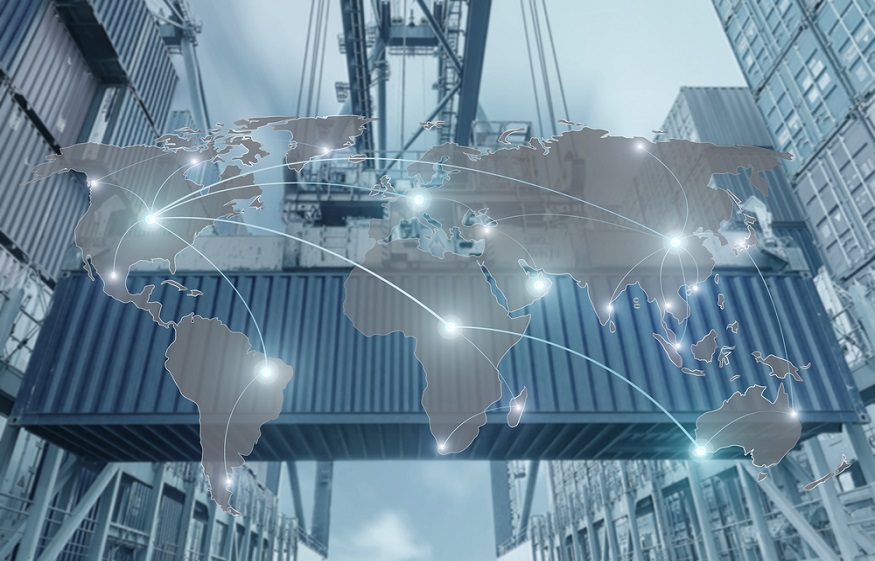Ordering something online probably doesn’t raise liability issues in your mind. As far as you are concerned, anything that goes wrong from the moment you order until the product arrives at your door will be handled by either the retailer or its shipping partner. That is generally how it works. But liability isn’t so easy in the global trade arena.
Imagine being an importer whose business revolves around bringing in tens of millions of dollars in products from overseas. If a ship carrying a bunch of your shipping containers goes down, who pays for the losses? Maybe it’s the shipping company. On the other hand, perhaps it’s the manufacturer. You might be stuck with the bill yourself. It all depends on Incoterms.
‘INCOTERM’ is an acronym that stands for International Commercial Terms. The word ‘terms’ here does not relate to vocabulary; it relates terms and conditions. Incoterms are published and maintained by the International Chamber of Commerce and are utilized to spell out the legal rights and responsibilities of the various parties involved in global trade.
Incoterms Accepted Worldwide
Despite so many parties being involved in global trade, incoterms are accepted worldwide. They are the standard for governments, regulatory bodies, legal entities, and the actual shippers and receivers that facilitate global trade. Their global acceptance essentially makes Incoterms an ironclad standard.
In regard to the liability issue, Incoterms determine the rights and responsibilities of all parties involved. If the sunken shipment in the previous fictional example were shipped under the incoterm DPU (delivered at place unloaded) the shipper would be responsible for the products until they arrived at the receiver’s location and had been fully unloaded from their mode of transport.
In short, the shipper would have been responsible for footing the bill for the lost merchandise. However, the shipment could have been sent under a different incoterm. Contract language could have put liability on the shoulders of the shipping company operating the vessel. In such case, that company would foot the bill for the lost merchandise.
Contract Language Is Important
It should be obvious that contract language is vitally important to address liability concerns. But according to Vigilant Global Trade Services out of Ohio, contract language covers far more than just liability. A good contract covers everything from pricing to shipping deadlines and tariff responsibilities. A good contract leaves no stone unturned.
The other thing to consider about contracts is how they are governed. A real-life case in point involved a shipper and receiver unable to settle a bill between them. The receiver claimed that the shipper did not keep its end of the bargain in terms of documentation and thereby withheld payment.
The case eventually went to court and was decided based on the fact that the contract between the two companies was governed under the United Nations Convention on Contracts. Regardless of the laws in either country – the shipper was from China while the recipient was here in the U.S. – UN rules applied.
Liability Is a Tricky Issue
This particular court case, like so many others, demonstrates just how difficult international trade is. Liability is always a tricky issue, regardless of whether it pertains to damage or paperwork. There are so many responsibilities to divvy up that parties sometimes get things wrong. And when that happens, contract language is the only thing that can straighten the mess out.
Thankfully, the adoption of Incoterms has made settling disputes easier. Because they are considered the international standard, companies find it a lot harder to cheat one another. Imagine what it was like before Incoterms were a thing.

